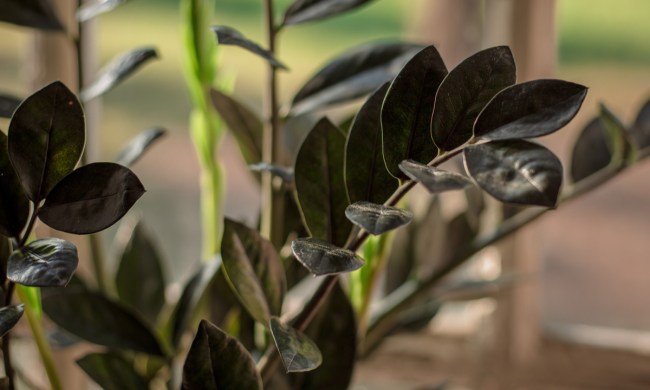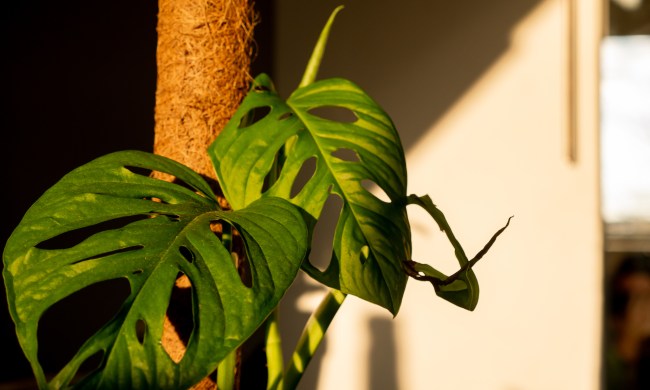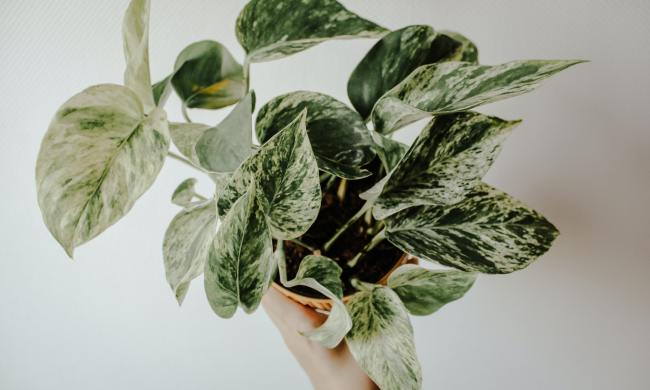Caring for plants may not seem like something a college student has time for, but bringing houseplants into a dorm can be quite beneficial for the booked and busy co-ed. Plants provide not only a fun hobby, but they can also purify air and reduce stress. Plus, of course, they add personality and greenery to your space! Whether you’re a college student or know someone who is, we’ve rounded up a comprehensive guide for picking out the perfect dorm room plants.

Things to keep in mind when picking out a dorm room plant
Before picking out plants, consider what conditions the dorm room can accommodate. The two major factors are space and light. When it comes to space, many dorm rooms are modest in size, so small plants and plants that can handle being root bound in a small pot are your safest bets. Light is another crucial factor—err on the side of buying plants that don’t need as much light if your windows are moderate in size or in a northeastern location. For plants that grow too slowly or can get too leggy, invest in grow lights (or grow light bulbs) if your dorms allow them.
Other factors for consideration include temperature and humidity. Temperature shouldn’t be an issue if you have a temperature controller in your room. As many plant parents will tell you, if your home is comfortable for you, it should be comfortable for your plants. Regarding humidity, houseplants come from tropical regions, so they really appreciate extra humidity. A note, however: While a humidifier can be a godsend for finicky plants, it may encourage mold in small, closed quarters. At the very least, keep your houseplants away from drafty air conditioners and heaters so that their foliage doesn’t get crispy.
Best plants to keep in a dorm room
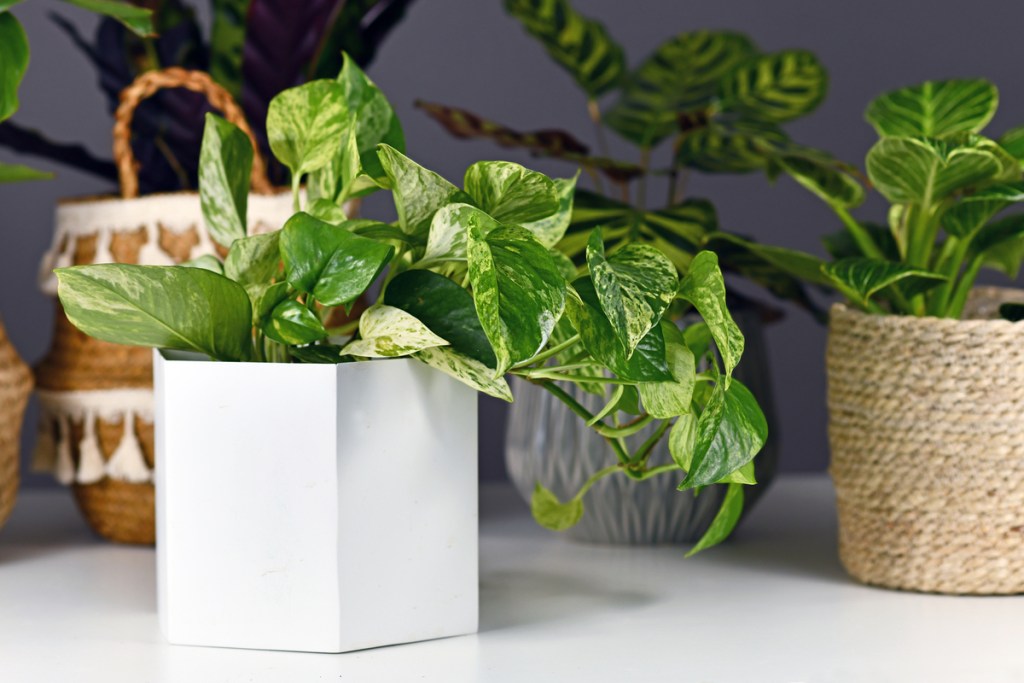
Pothos
Whether you have it climbing up a pole or trailing down a shelf, the pothos can instantly give your dorm room that urban jungle feeling. It’s incredibly hardy, making it a great pick for college students who don’t have time for dramatic plants. It tolerates low light levels, doesn’t need to be fertilized often, and only wants to be watered when its soil dries out completely. You can find it in many varieties, including jade, manjula, marble queen, neon, snow queen, golden, and more.
Cast-iron plant
With a reputation for being unkillable, the cast-iron plant is certainly agreeable for a novice plant parent juggling other obligations in college. If you’re keen on an elegant addition to your room, this gorgeous houseplant features green, arching lanced-shaped leaves that will elevate any space. It’s not prone to pests and can do well in low light conditions—in fact, it prefers medium indirect light. Just make sure not to overwater your plant or set it in temperatures below 50 degrees.
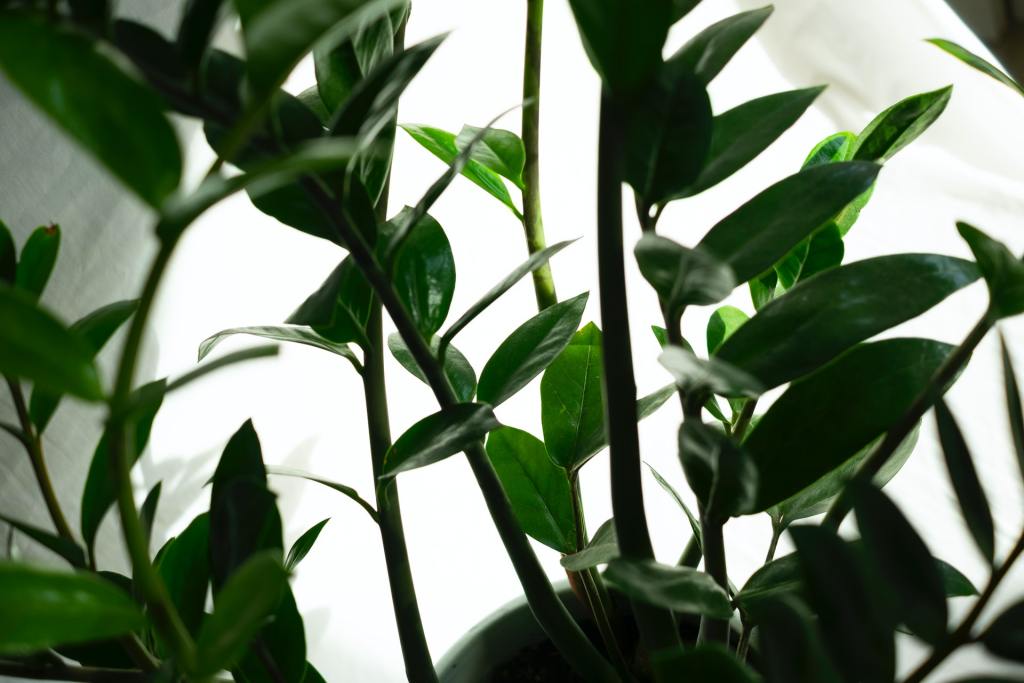
ZZ plant
Don’t have room for a hanging basket plant or a prolific grower? The ZZ plant is a slow-growing plant that puts out glossy oval leaves from its bulbous rhizomatic roots. The ZZ plant only needs to be watered once or twice a month in most cases. It doesn’t require high levels of light, making it ideal for rooms that don’t receive much sunlight. For a little something extra, you can get the raven ZZ plant with striking black foliage.
Snake plant
The snake plant is another low-maintenance beauty available in many shapes and colors. Depending on its size, it can make for a cute desk companion or fill out a corner of your room. This curious plant, as its name implies, has leaves that resemble snakes. It appreciates being rootbound to a degree, as it typically has short, shallow roots that make it top heavy.
You’ll have your pick from the thin cylindrical kind (such as the cylindrica) or ones with flat, fleshy leaves that stand upright or form rosettes (such as the bird’s nest snake plant). In terms of color, you may find gray-green varieties such as the moonshine or yellow-edged types such as the black gold. The snake plant tolerates low light well and seldom needs watering—give it a good soak when its soil dries out.
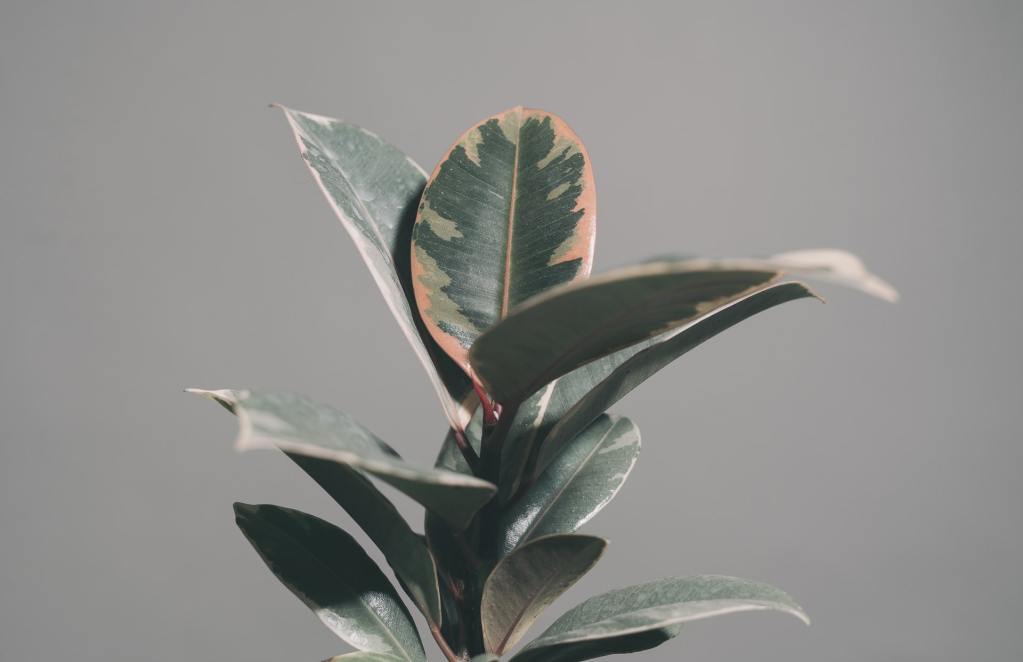
Rubber plant
For a singular statement plant, there’s no going wrong with a rubber plant, i.e. the ficus elastica. You can grab the cream variegated tineke variety, punch things up with a pink ruby, or go minimalist with a nearly black burgundy plant. For more colorful and variegated rubber plants, the variegation will hold up best with bright indirect light. Keep your plant away from drafty ACs and heaters in moderate room temperature. Water it every other week or so, allowing the soil to dry out before you reach for your watering can.
Many dorm rooms may be small and dark, but you can definitely achieve a cozy, jungle feel in yours with one or two plants. If you’re a busy college student, no need to worry about plants that require maintenance all day, every day. From the hardy pothos to the sleek rubber plant, there are plenty of plants out there that can perk up your room without high demands for water, light, or space.

